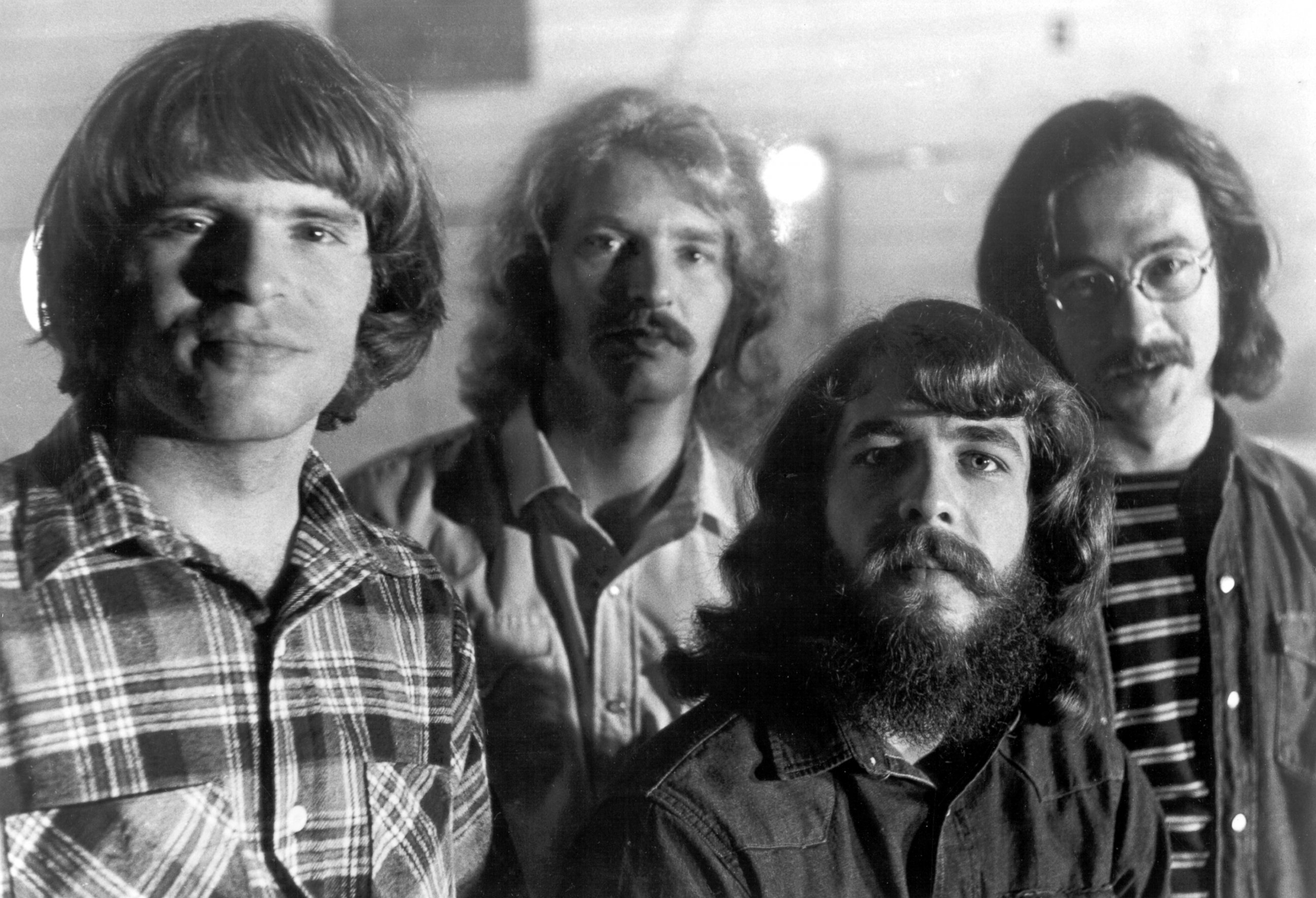Rocker John Fogerty Recalls Overcoming His Personal and Professional Obstacles
The former leader of CCR tells his story in 'Fortunate Son.'

— -- “Well, I guess I’m just gonna have to do it with music.”
It’s a fitting phrase for rocker John Fogerty, who just released his new memoir “Fortunate Son: My Life, My Music."
The book, which is named for one of his most famous songs, covers the singer's decades-long career in Creedence Clearwater Revival as well as some dark moments in his life, most notably his publicized legal battles with the late Saul Zaentz, the head of Fogerty’s former label Fantasy Records.
“Over the years when I try to talk to someone about the Creedence years, it was just in a newspaper or short radio interview,” Fogerty told ABC News about why he decided to publish a memoir. “There was never enough time to explain some of the things, which were pretty complicated, and I would always feel unfulfilled. I've become quite happy and fulfilled in my life, meeting my beautiful wife Julie, and raising a family together. It kind of all pushed that anger and bitterness and all the rest of it, it sort of pushed it out of me. Therefore I can talk about those times without all this knee-jerk anger.”
“I really cared to get it straight,” he continued. “I want my own family to know. I feel good just telling the truth about everything to the best that I can.”

It was Fogerty’s leadership as the group’s singer, guitarist, songwriter and producer that made Creedence a hit-singles machine, churning out classics including “Proud Mary,” “Bad Moon Rising,” “Born on the Bayou,” “Down on the Corner,” and “Who’ll Stop the Rain." The band’s peak of success occurred in 1969 when Creedence released three studio albums “Bayou Country,” “Green River,” and “Willy and the Poor Boys.” But according to Fogerty's book, the tensions within the band went back as far as the recording of “Proud Mary,” arguably the band’s signature song. Yet Fogerty maintained his determination to make Creedence a success by taking it upon himself to be involved in every aspect of the music.
“I would say to Julie at the end of a day of working on stuff, 'It just put all this stuff back in my brain and makes me kind of think about it again,'" he recalled. "Working on the book forced me to have that stuff back in my consciousness. It wasn't pleasant, let's put it that way. In some ways, the day the book was finally really finished, I was quite relieved to not have to be digging that up again.”
Because of his fight with Zaentz, who died in 2014, Fogerty didn’t play Creedence songs at his own shows for 15 years starting in the early '70s. The self-imposed boycott was finally lifted in 1987 when he gave an impromptu performance of “Proud Mary” at a show by the musician Taj Mahal, and then later at a Vietnam Veterans concert in Washington, D.C.
“That was really hard, that was a horrible self-imposed boycott and exile,” he said of that period in his life. “I still don't own my songs and I'm not thrilled about that situation. But the fact that I made a stand and behaved that way rather than just knuckled under the mighty corporation--I am very glad I can look my kids in the eye and they know I'm a principled person and I stick up for things I believe in.”
Since his 1997 Grammy-winning album “Blue Moon Swamp,” Fogerty has released several more records and performed his solo material and CCR songs on tour. His last studio album, “Wrote a Song for Everyone,” found him collaborating with such artists as Brad Paisley, Keith Urban, Foo Fighters and Jennifer Hudson.
“I'm glad I got to live through all of that — the dark times – when I was uncomfortable with everything. If the song came on the radio, I would change the station because of all the jumbled emotions around it," he said. "But now I'm very happy that I get to enjoy that. It is quite remarkable."




